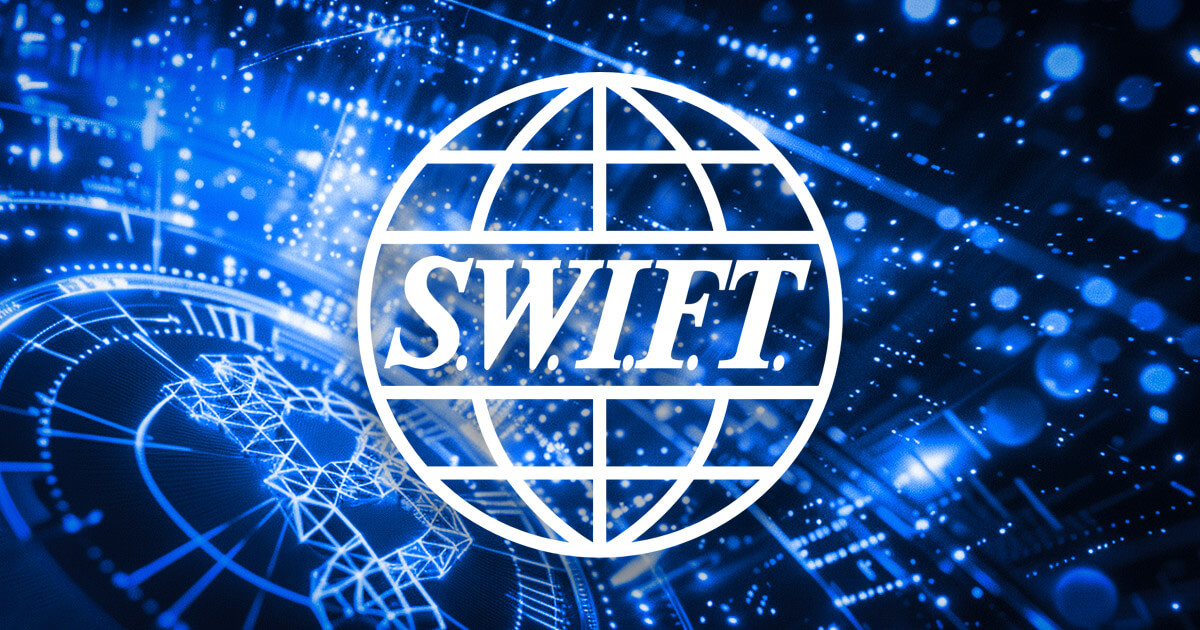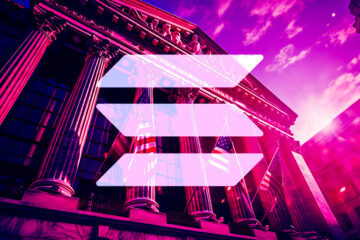
Swift announced a new initiative on Sept. 11 to streamline global transactions and enable its members to use their Swift connection for transactions involving both traditional and emerging asset types, such as crypto.
Swift plans to test multi-ledger Delivery-versus-Payment (DvP) and Payment-versus-Payment (PvP) transactions on its global platform. This could allow securities buyers to simultaneously pay for and exchange tokenized assets in real-time on Swift’s network.
The new initiative will focus heavily on the global trading of real-world assets (RWA), as the industry is expected to reach a $30 trillion market cap by 2034.
Swift said that the global tokenized asset industry has an interoperability issue, which turns different RWA efforts into digital islands. This is primarily caused by the lack of a globally accepted digital form of money.
Swift Chief Innovation Office Tom Zschach said:
“Digital currencies and tokens have huge potential to shape the way we will all pay and invest in the future. But that potential can only be unleashed if the different approaches that are being explored have the ability to connect and work together.”
Zschach added that inclusivity and interoperability are central pillars of the financial ecosystem.
This effort will initially use fiat currencies and is later planned to evolve into incorporating central bank digital currencies (CBDC), tokenized commercial bank money, and regulated stablecoins.
Notably, Swift said it had achieved successful results in value transfer tests involving tokenized assets, mentioning the two CBDC sandboxes it has conducted, which included banks from Europe, Asia, and North America.
Moreover, Swift’s new foray to provide a single payment infrastructure for tokenized assets also aims to address how to integrate different digital assets with its respective bank-led networks.
Since each financial institution exploring RWA could be using different distributed ledger technologies, the lack of compatibility might hinder global interoperability. Additionally, the divergence in various regulatory environments can also lead to challenges.
 Bitcoin
Bitcoin  Ethereum
Ethereum  Tether
Tether  XRP
XRP  USDC
USDC  TRON
TRON  Lido Staked Ether
Lido Staked Ether  Dogecoin
Dogecoin  Figure Heloc
Figure Heloc  Cardano
Cardano  Bitcoin Cash
Bitcoin Cash  Wrapped stETH
Wrapped stETH  WhiteBIT Coin
WhiteBIT Coin  Wrapped Bitcoin
Wrapped Bitcoin  Wrapped eETH
Wrapped eETH  USDS
USDS  Chainlink
Chainlink  Binance Bridged USDT (BNB Smart Chain)
Binance Bridged USDT (BNB Smart Chain)  Monero
Monero  LEO Token
LEO Token  WETH
WETH  Stellar
Stellar  Coinbase Wrapped BTC
Coinbase Wrapped BTC  Sui
Sui  Ethena USDe
Ethena USDe  Litecoin
Litecoin  Zcash
Zcash  Avalanche
Avalanche  Hyperliquid
Hyperliquid  Shiba Inu
Shiba Inu  Hedera
Hedera  Canton
Canton  USDT0
USDT0  sUSDS
sUSDS  World Liberty Financial
World Liberty Financial  Dai
Dai  Toncoin
Toncoin  Cronos
Cronos  Ethena Staked USDe
Ethena Staked USDe  PayPal USD
PayPal USD  Uniswap
Uniswap  Polkadot
Polkadot  USD1
USD1  Mantle
Mantle  Rain
Rain  MemeCore
MemeCore  Bittensor
Bittensor  Pepe
Pepe 


